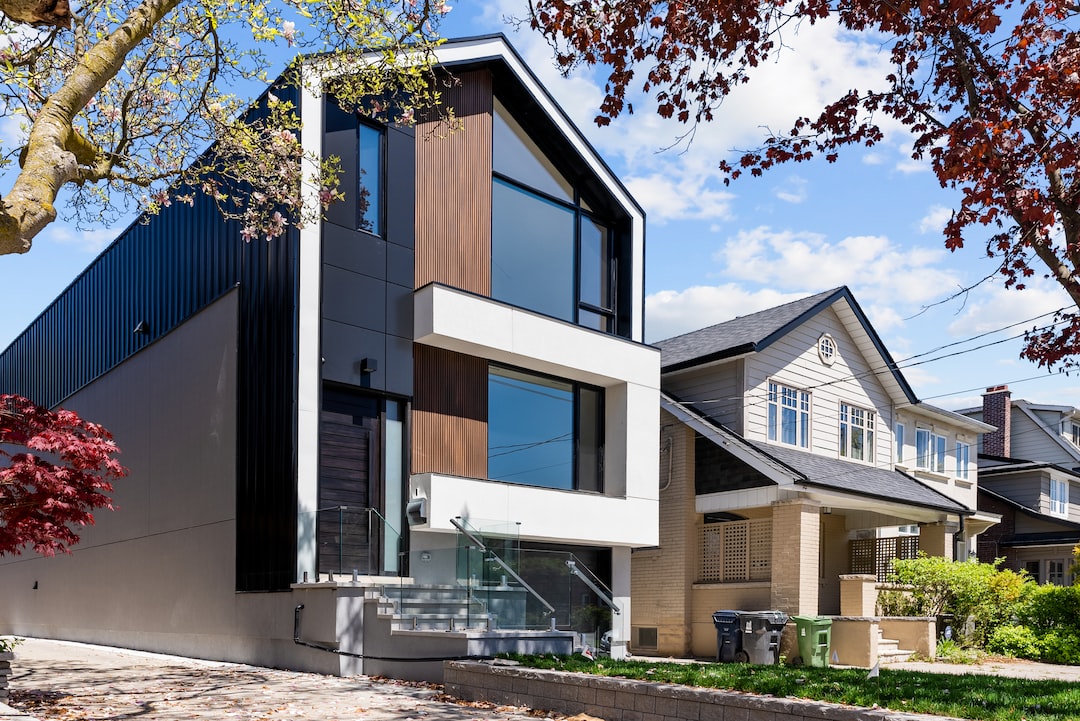The Future of Real Estate: Trends and Predictions for the Next Decade
The real estate industry has witnessed significant changes over the past decade, and it is poised to continue its evolution in the coming years. As technology advances and societal needs change, the way we buy, sell, and invest in real estate is set to transform. In this blog post, we will explore some of the prominent trends and predictions for the future of real estate in the next decade.
1. Sustainability and Green Initiatives: As the world becomes more conscious of its impact on the environment, sustainable practices and green initiatives are expected to take center stage in the real estate industry. Builders and developers will focus on creating more energy-efficient buildings, incorporating renewable energy sources, and implementing eco-friendly features. Consumers will prioritize properties that promote sustainability, thereby driving the demand for greener homes.
2. PropTech Revolution: Technology has already disrupted several industries, and real estate is no exception. The integration of technology into the real estate market, known as PropTech, is reshaping the way properties are listed, viewed, and managed. Innovations such as virtual reality (VR) tours, online property platforms, and blockchain technology are making buying and selling homes more efficient and transparent. Additionally, artificial intelligence (AI) is transforming property management and predictive analytics, enabling investors to make data-driven decisions.
3. Co-living and Co-working Spaces: The rise of the gig economy, remote work, and changing lifestyles have fueled the demand for flexible living and working spaces. Co-living and co-working spaces provide cost-effective solutions while fostering a sense of community. In the next decade, we can expect to see an increase in shared living arrangements with well-designed communal spaces and flexible leasing options that cater to the evolving needs of the workforce.
4. Urbanization and Vertical Living: Rapid urbanization has led to the rise of vertical living, with an increasing number of cities embracing high-rise buildings to accommodate the growing population. The limited availability of land in urban areas has necessitated the construction of taller buildings. As cities become more densely populated, the demand for vertical living spaces will continue to rise, presenting both challenges and opportunities for the real estate industry.
5. Emphasis on Wellness Amenities: Wellness is becoming a key priority for individuals, and real estate developers are taking note. In the next decade, we can expect to see a surge in wellness amenities, such as fitness centers, meditation rooms, and green spaces, in residential and commercial projects. Developers will prioritize the physical and mental well-being of occupants, recognizing the importance of a healthy living and working environment.
6. The Rise of Alternative Assets: Traditional real estate assets such as residential and commercial properties will face increasing competition from alternative assets. Investments in areas such as student housing, senior living communities, co-living spaces, and data centers are expected to gain popularity as investors seek diversification and better returns. These alternative assets offer unique opportunities and cater to specific market niches.
7. Demographic Shifts and Changing Housing Needs: Demographic shifts play a crucial role in shaping the real estate market. In the next decade, the aging population, millennials entering the housing market, and the increasing diversity of households will impact housing needs. Developers and investors will need to adapt to these changing demographics, focusing on properties that cater to multi-generational households, affordability, and accessibility.
8. Global Investment Opportunities: With advancements in technology and connectivity, real estate investment opportunities are no longer confined to local markets. International investors are venturing into global real estate markets, seeking attractive returns and diversification. The next decade will witness an increase in cross-border investments, with emerging markets attracting attention due to their growth potential and favorable investment climates.
The future of real estate promises exciting changes and opportunities. From sustainability and technological advancements to shifting demographics and investment trends, the industry is undergoing a transformative phase. Staying informed and adaptable will be crucial for real estate professionals and investors to navigate the landscape successfully. Ultimately, embracing these trends can lead to more sustainable, innovative, and inclusive real estate practices in the coming decade.
